Top Class Actions’s website and social media posts use affiliate links. If you make a purchase using such links, we may receive a commission, but it will not result in any additional charges to you. Please review our Affiliate Link Disclosure for more information.
Health Canada has issued a warning to Canadians over reports of fraudulent and unauthorized N95 respirators marketed as protection against the coronavirus.
According to the warning notice issued April 14, 2020, Canadians are being sold fake respirators online and even in some stores by merchants attempting to cash in on COVID-19 panic and recent guidance encouraging the use of masks in certain public areas. The agency says that it has received reports that these respirators are not certified under Health Canada Class I medical device regulations or by the U.S. National Institute for Occupational Safety and Health (NIOSH).
“Fraudulent or unauthorized N95 masks may not meet the same performance measures required by the NIOSH N95 standard and, as a result, may not properly protect consumers from COVID-19,” states the notice.
Health Canada notes that certified N95 masks ensure that the wearer has a close fit, protecting them from hazardous particles in the air and aerosols.
“The ‘N95’ designation means that when subjected to careful testing, the respirator blocks at least 95% of very small test particles, such as pathogens,” notes Health Canada in its warning.
According to Health Canada’s N95 respirator warning, authorized respirators are labeled with a NIOSH symbol, either on the mask or in the packaging. The required icon includes the NIOSH name, the approval number, filter designations, lot number, and model number to be printed on the respirator.
Health Canada recommends Canadians take the following measures regarding respirators and face masks:
- Ensure that they are worn properly, covering the nose and mouth with no gaps
- If the product claims to be an authorized respirator or mask, be sure it includes the proper labeling and symbols
- Examine the product’s packaging, keeping an eye out for misspellings or other errors that may mean it is an unauthorized respirator or face mask
- If it is an unauthorized respirator or face mask, stop using it
- Report unauthorized respirators and other products to Health Canada
Other Unauthorized Consumer Products in the Midst of the COVID-19 Pandemic
Health Canada has also warned Canadians about risks associated with hand sanitizers made at home. According to the notice, stores have run out of the product as demand increased during the COVID-19 pandemic. As a result, individuals began making and selling their own product, despite not having the approval of Health Canada for products labeled as hand “sanitizers” or “disinfectants.”
The agency has temporarily lifted restrictions on the use of technical-grade ethanol in hand sanitizers. However, Health Canada cautions that Canadians should be sure to follow the directions on the product’s label when applying hand sanitizer.
“Proper hygiene and disinfection is essential during the COVID-19 outbreak to reduce the risk of infection. Washing your hands frequently with soap and water for at least 20 seconds remains the most effective way to limit the spread of COVID-19. If soap and water are not available, a hand sanitizer, with at least 60% alcohol, that has been approved by Health Canada should be used,” notes the agency’s statement lifting temporary restrictions.
According to Health Canada’s statement, technical-grade ethanol contains more impurities than the food grade ethanol typically used in hand sanitizers. However, with the increase in demand for hand sanitizer in Canada, the agency says it has determined that the public health benefit of using the inferior ethanol is worth the additional risk.
The risk of using technical-grade ethanol relates to long-term use, notes the agency.
In addition to temporarily lifting the ban on using technical-grade ethanol, Health Canada has strengthened its labelling requirements. If a technical-grade ethanol is used in hand sanitizer, this must be indicated on the label. In addition, the products should be labeled for adult use only. In addition, the label should note that the product should not be used on broken skin, and it should provide information about how to report adverse reactions to Health Canada.
Health Canada Recommendations to Limit the Spread of COVID-19
The agency recommends Canadians take the following actions to limit the transmission of the coronavirus:
- Wash hands frequently with soap and water
- If soap and water are not available, use an agency approved hand sanitizer with at least 60 percent alcohol
- Follow the directions on the hand sanitizer
- Ensure authorized respirators and hand sanitizers are being used
- Report any problems to Health Canada by calling 1-866-234-2345
Are you concerned about fake masks, hand sanitizers, and other products sold during the COVID-19 pandemic? Have you purchased fake products? Tell us your story in the comment section below!
Read More Lawsuit & Settlement News:
Canada’s Guide to Coronavirus Outbreak Legal Issues
Health Canada Warns Consumers About Products Claiming to Prevent COVID-19
Canada’s Competition Bureau Cracks Down on Price Fixing Amid Coronavirus Pandemic
Canada Roundup Glyphosate Cancer Class Action Lawsuit Investigation
ATTORNEY ADVERTISING
Top Class Actions is a Proud Member of the American Bar Association
LEGAL INFORMATION IS NOT LEGAL ADVICE
Top Class Actions Legal Statement
©2008 – 2024 Top Class Actions® LLC
Various Trademarks held by their respective owners
This website is not intended for viewing or usage by European Union citizens.

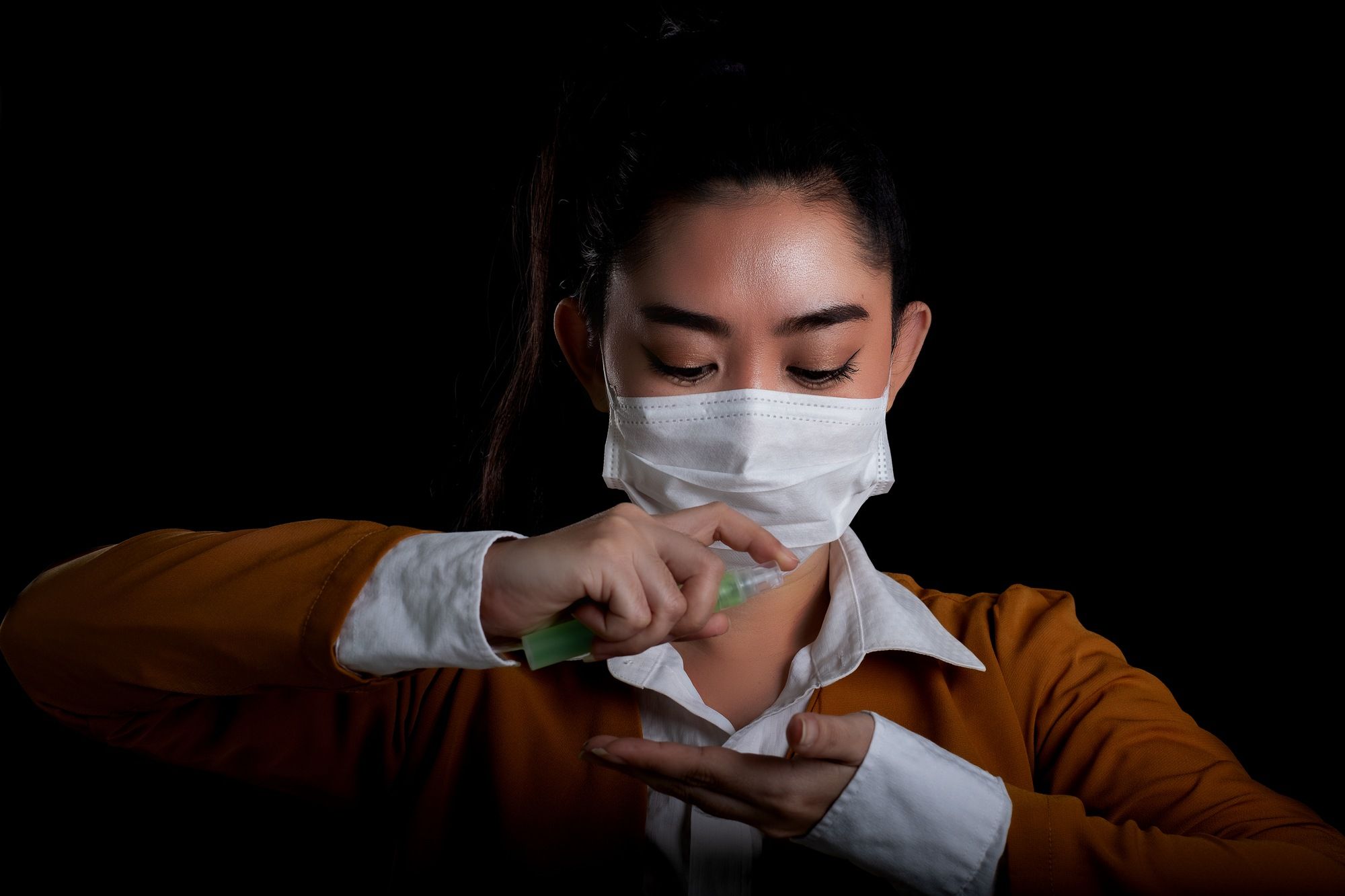
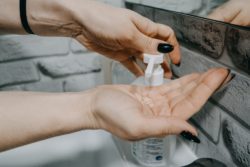




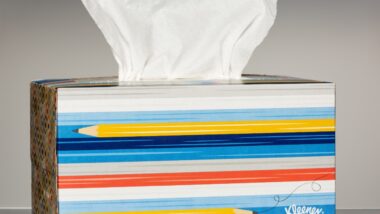

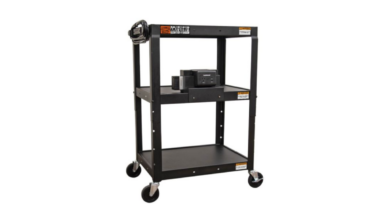

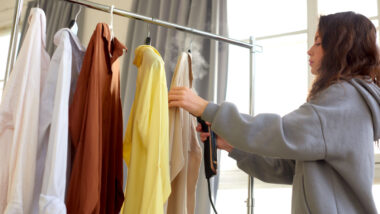

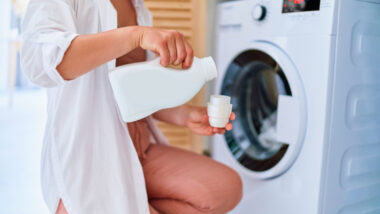

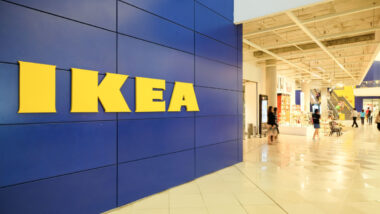
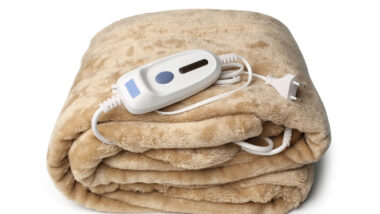
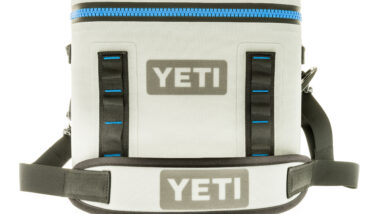
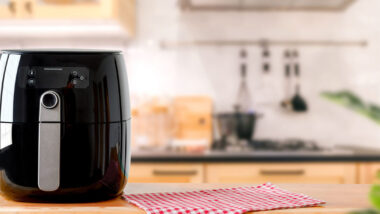
One thought on Consumers Warned Against Using Fraudulent Respirators Amid COVID-19
Please add me